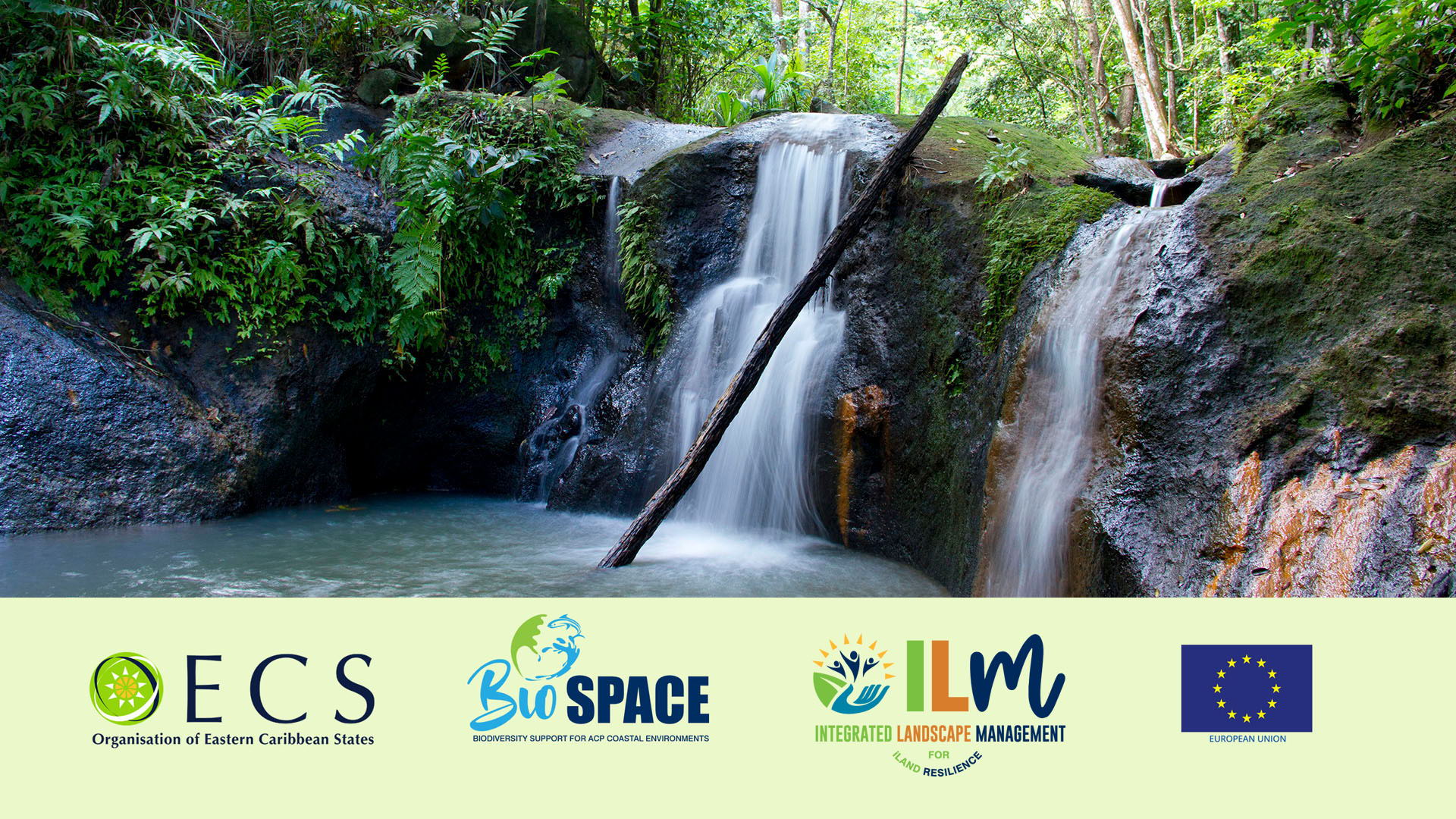OECS Recognises International Day for Biological Diversity 2025
OECS Press Release
The Organisation of Eastern Caribbean States (OECS) joins the United Nations and the global community in observing International Day for Biological Diversity 2025 under the theme “Harmony with Nature and Sustainable Development.”
International Day for Biological Diversity was first proclaimed by the United Nations in 1993 to increase understanding and awareness of biodiversity issues. Initially observed on December 29—the date the Convention on Biological Diversity entered into force—the observance was later moved to May 22 to commemorate the adoption of the Convention at the Rio Earth Summit in 1992. Each year, the day serves as a global reminder of the vital role that biodiversity plays in sustaining life and the urgent need to protect it.
As part of this year’s observance, OECS Director General Dr. Didacus Jules was among the high-level representatives of international Parties and organisations who delivered feature addresses on the United Nations Convention on Biological Diversity (UNCBD) platform, issuing a clarion call for decisive global action to protect and restore biodiversity.
“Biodiversity is not an abstract ideal—it is the lifeblood of our economies, our health, our culture, and our climate resilience,” stated Dr. Jules in his address. “It is the web of life that supports every breath we take, every drop of water we drink, and every meal that nourishes our bodies. To protect biodiversity is to safeguard our very survival.”
The OECS recognises the critical importance of biodiversity in supporting sustainable livelihoods, economic development, and ecosystem resilience, particularly for the small island developing states of the Caribbean. From coral reefs and rainforests to mangroves and marine ecosystems, the region is home to some of the planet’s most unique and endangered species. More than 200 species across the OECS are currently listed as critically endangered.
The OECS Commission is actively working with Member States and partners to conserve biodiversity and strengthen ecosystem management across the region. Currently, two major projects funded by the European Union are underway: the Integrated Landscape Management (ILM) Project, which promotes sustainable land use and ecosystem restoration; and the BioSPACE Project, which focuses on the conservation and sustainable use of coastal and marine, and terrestrial biodiversity. These initiatives are key pillars of the OECS’s commitment to biodiversity and environmental sustainability.
The OECS Commission reaffirms its dedication to the goals of the Convention on Biological Diversity and the Kunming-Montreal Global Biodiversity Framework. These commitments are closely linked to the St. George’s Declaration of Principles for Environmental Sustainability 2040, which guides the region’s environmental strategy and aligns with the broader 2030 Agenda for Sustainable Development. This demonstrates the OECS's integrated approach to environmental conservation and sustainable development, emphasizing regional and global cooperation to achieve these vital objectives.
In that regard, Dr. Jules emphasised the urgent need for transformative action:
“Now is the time for transformation—not tomorrow, not next year, but today. We must invest boldly in nature-based solutions, harness indigenous knowledge, embrace green innovation, and ensure the equitable sharing of biodiversity’s benefits.”
The OECS encourages all stakeholders—governments, civil society, academia, the private sector, and local communities—to work together toward a future where people and planet thrive in harmony. As Dr. Jules concluded,
“Harmony with nature is not a distant dream—it is the only future worth striving for.”
Danny Moonie
OECS Communications Unit
